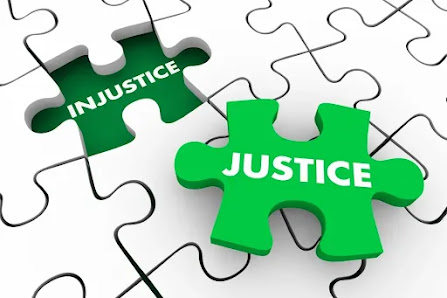Sustaining the Momentum: Children's' Rights and the Role of Judiciary
Image on Freepik
The Judiciary recently led by the Chief Justice Martha Koome, launched the Children Service Month. The objective of dedicating a whole month for Children Services was to ensure that the Kenyan courts worked in unison to eradicate delay and backlog cases involving children in the justice system during the month of November.
The specific objectives for the initiative include: To ensure that all cases of children pending for 6 months and above are concluded, to ensure that all child victims have testified , to collect data and statistics of child offenders and child victims in the justice system and to utilize court annexed mediation to clear backlog of civil matters concerning children.
The protocol guiding the initiative has given courts guidelines on how the main objective of the initiative is set to be achieved. Various courts in Kenya have adapted the protocol and have begun the implementation of the guidelines in their respective courts. Some of the guidelines: conducting audits for pending cases involving children, conducting screening of matters to be referred to alternative dispute resolution, fostering court user committees to form special committees tasked with collecting children data and organising community education sessions on Children rights.
This focused effort by the judiciary is a commendable step that brings attention to the unique challenges faced by children within the legal system. The setting aside a specific month provides a great opportunity for concentrated efforts, aiming to improve legal proceedings and raise public awareness on the child justice system. The Child - Centered Justice System through the initiative underscores the commitment to addressing issues related to children comprehensively.
However , the question arises : is a month-long focus enough , or should the judiciary integrate these principles into its daily operations ?
Image on FreepikWhile a designated month allows for intensive campaigns, collaboration, and expedited cases, incorporating child-centered practices into the daily workings of the judiciary is equally essential. The intensity of a month-long initiative may face practical challenges for daily implementation, given the judiciary's caseload and resource constraints.
For sustained impact, it is crucial to strike a balance. Daily attention to children's cases, ongoing awareness programs, and collaboration with stakeholders should be integral to routine judicial practices. This approach ensures consistent protection of children's rights beyond the designated month, aligning with the broader vision of social transformation and access to justice.
In conclusion, while a dedicated month serves as a powerful catalyst for change, incorporating child-centered principles into the daily operations of the judiciary is necessary for long-term, sustained support for children in the justice system and by embedding these practices into routine procedures, the judiciary can create lasting positive impacts on children's rights.
Teddy Muya is an editor at the University of Nairobi Law Journal(UNLJ).





I agree with you. The Judiciary should prioritize protection and implementation of children rights. Strive to achieve Child Justice everyday.
ReplyDeleteI also concur. While short-term fixes can provide temporary relief, it's crucial to focus on sustainable, long-term solutions for a lasting impact.
ReplyDelete